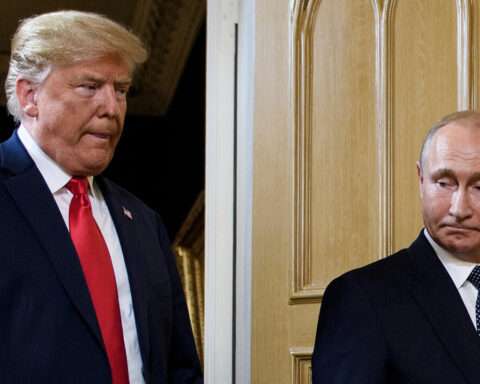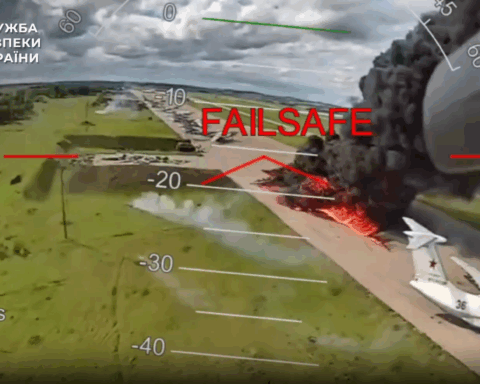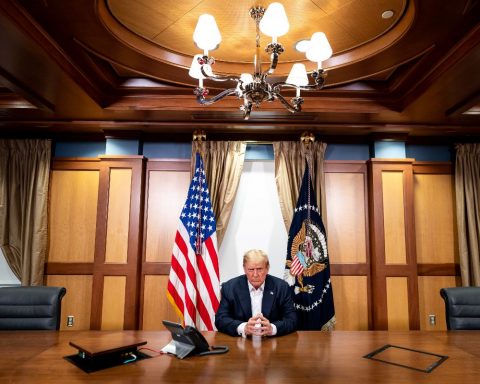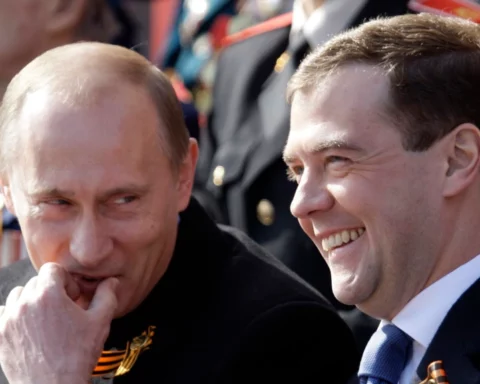U.S. Secretary of State Antony Blinken and his Western counterparts are preparing to face off with Russian Foreign Minister Sergei Lavrov over alleged Russian atrocities committed in Ukraine.
The officials, as well as Ukrainian Foreign Minister Dmytro Kuleba, are expected to meet at a session of the UN Security Council on the sidelines of the General Assembly in New York on September 22.
The meeting of the 15-member Security Council will be briefed by UN Secretary-General Antonio Guterres and International Criminal Court prosecutor Karim Khan, after which EU foreign policy chief Josep Borrell, and representatives from several EU states and Belarus will speak.
Lavrov walked out of a meeting of the Group of 20 foreign ministers in July when Russia came under criticism for its war against Ukraine. It is expected that Lavrov will fill Russia’s seat on the council during the September 22 meeting.
Ukraine, the United States, and other countries have accused Russia of committing numerous war crimes on Ukrainian soil since its unprovoked invasion in February, which came as the Security Council was meeting to discuss international concerns that Moscow was planning to attack.
In a prerecorded message to the General Assembly on September 21, Ukrainian President Volodymyr Zelenskiy demanded that a special United Nations tribunal impose “just punishment” on Russia for its invasion.
Earlier the same day, U.S. President Joe Biden said Moscow “shamelessly violated the core tenets” of the UN Charter with its “brutal, needless war.”
Ukraine’s chief war crimes prosecutor is reportedly investigating nearly 26,000 suspected war crimes since Russia’s invasion in February.
Ukraine has charged 135 people with war crimes and officials have recently said they uncovered fresh mass graves containing bodies, some with their hands tied behind their backs, when Ukrainian forces retook the eastern Ukrainian city of Izyum during a major counteroffensive.
Russia has denied targeting civilians during what it calls its “special military operation,” describing accusations of human rights abuses as a smear campaign.
The September 22 meeting will mark the 20th time the Security Council has met to discuss the war in Ukraine this year.
But despite Russia’s unprovoked invasion and subsequent accusations that its forces have committed war crimes, the Security Council has been unable to take any meaningful action against Moscow because of Russia’s veto powers as one of the five permanent members of the body. Zelenskiy has called for Russia to be stripped of its veto rights.
China, which has friendly relations with Moscow and also holds veto powers as a permanent member of the Security Council, will also be represented at the meeting.
During a discussion on the sidelines of the General Assembly on September 21, Chinese Foreign Minister Wang Yi told Lavrov that his country would maintain an “objective” and “fair” position regarding the war in Ukraine, which is one of China’s biggest trading partners.
The same day, China called for a “cease-fire through dialogue” and for all countries’ “territorial integrity” to be respected.
The comments from Chinese Foreign Ministry spokesman Wang Wenbin came after Russian President Vladimir Putin ordered a partial military mobilization to bolster its forces in Ukraine.
Putin’s decree followed the September 20 announcement that Russian-occupied regions in eastern and southern Ukraine plan to hold votes on being incorporated into Russia.
The move to hold the referendums, which contradict international law and the UN Charter and which Western countries have already refused to recognize, are to begin on September 23 in Ukraine’s Luhansk, Donetsk, Kherson, and Zaporizhzhya regions. All of the regions are partially controlled by Russian forces and are areas where Moscow has recently lost territorial gains.
Parts of the Luhansk and Donetsk regions, which collectively make up Ukraine’s eastern Donbas region, have been under Russian-imposed administration since Moscow-backed separatist forces began fighting against Kyiv in 2014.
Putin has said his aim is to “liberate” Ukraine’s eastern Donbas region, claiming without providing any proof that most people in the region did not want to return to what he called the “yoke” of Ukraine.






